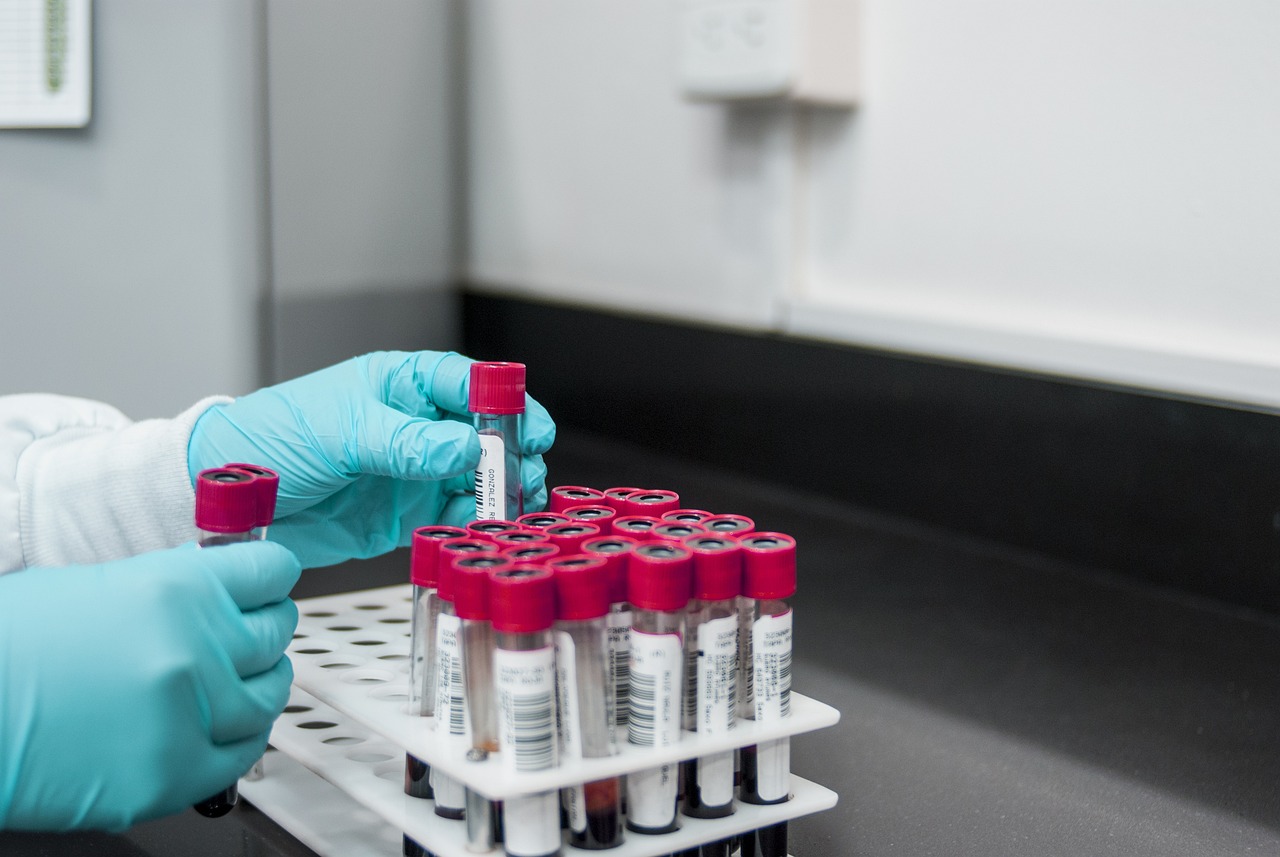South African Study Uncovers Key Predictors of COVID-19 Severity Using Blood Biomarkers
A South African study has identified important biological indicators in the blood that can help predict the severity of COVID-19. Conducted by researchers from the University of Cape Town and supported by the South African Medical Research Council (SAMRC), the study sheds new light on how the body’s response to the virus can signal the likelihood of a patient developing severe illness.
The study focused on the renin-angiotensin system (RAS) — a critical hormone system that regulates blood pressure and fluid balance — and its interaction with immune system responses during COVID-19 infection. The system is of special relevance to coronavirus infections because these viruses use ACE2 as the entry receptor to access human cells.
The research analysed data from 172 patients with varying COVID-19 severities, ranging from asymptomatic to critical, across the first three waves of the pandemic in South Africa. Researchers found that two key enzymes, ACE1 and ACE2, are significantly altered with different illness outcomes. As COVID-19 severity increased, levels of ACE1 activity dropped significantly, while ACE2 activity rose. These enzyme levels were more accurate in predicting disease severity than many traditional immune markers. Importantly, these changes were not simply linked to how much virus was present, but rather indicated broader physiological disruptions caused by the infection.
RAS dysregulation is a unique and crucial feature of COVID-19, and our findings show that blood enzyme activity could be used to better understand and perhaps even predict how sick a patient may become.
The study is the first of its kind in Sub-Saharan Africa and provides insight into how COVID-19 affects populations with high burdens of hypertension and other health conditions. The data also support ongoing international research into therapies targeting ACE2 and related pathways.
Findings from the study could inform future strategies for managing severe COVID-19 and improving patient outcomes. The results also underline the importance of locally driven research in understanding diseases in diverse settings.
The full findings have been published in Scientific Reports (Nature Portfolio).

